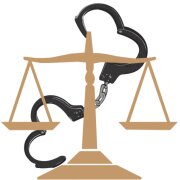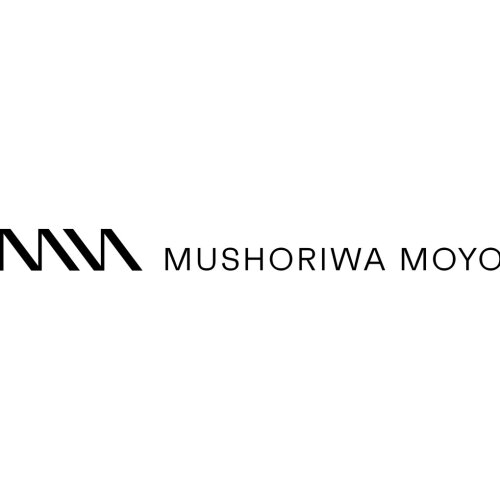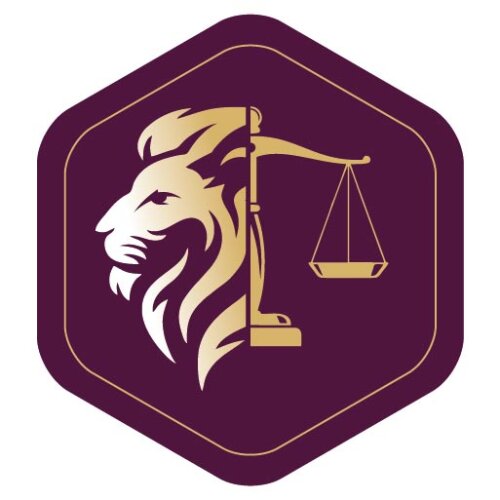Best ADR Mediation & Arbitration Lawyers in Harare
Share your needs with us, get contacted by law firms.
Free. Takes 2 min.
List of the best lawyers in Harare, Zimbabwe
About ADR Mediation & Arbitration Law in Harare, Zimbabwe
Alternative Dispute Resolution (ADR) in Harare, Zimbabwe encompasses mediation and arbitration as primary methods to resolve disputes outside the formal court system. This approach is gaining popularity due to its cost-effectiveness, efficiency, and the ability to produce mutually agreeable outcomes. ADR allows parties to maintain more control over the outcome compared to traditional court proceedings. Mediation involves a neutral third-party mediator assisting the disputing parties to reach a consensus, whereas arbitration involves an arbitrator making decisions after evaluating the evidence and arguments presented by both sides.
Why You May Need a Lawyer
Engaging a lawyer for ADR proceedings can be beneficial in several situations including:
- Complex commercial disputes where understanding intricate legal frameworks is essential.
- International arbitration cases requiring expertise in cross-border laws.
- Sensitive cases where confidentiality is paramount.
- When a party lacks negotiating experience or impartiality is contested.
- Drafting and reviewing arbitration agreements or mediation settlements.
Local Laws Overview
Zimbabwe's legal framework for ADR primarily stems from the Arbitration Act [Chapter 7:15], which outlines the legal proceedings for arbitration. There are no specific statutes for mediation; however, it is broadly supported and facilitated by common law principles. The Act emphasizes fairness, impartiality, and adherence to agreements established through arbitration. Local courts can enforce arbitration awards, providing an additional layer of assurance to parties engaged in ADR.
Frequently Asked Questions
What is the role of a mediator in mediation?
A mediator facilitates discussion, helping parties to understand each other's perspectives and guiding them toward a mutually acceptable resolution without imposing a decision.
How is arbitration different from court litigation?
Arbitration is generally less formal, quicker, and more flexible than court litigation. Parties often select an arbitrator with subject matter expertise, unlike in public court proceedings.
Can arbitration decisions be appealed?
Arbitration decisions, or awards, are typically final and binding, with limited grounds for appeal, such as evident arbitrator bias or a breach of the arbitration agreement provisions.
Is ADR mandatory in Harare?
No, ADR is not mandatory but is encouraged as a cost-effective and less adversarial way to resolve disputes.
How long does mediation typically take?
Mediation duration can vary significantly, often resolving in a single session lasting several hours, while more complex issues might take days or weeks.
Can ADR be used in family law disputes?
Yes, ADR is commonly used in family law for resolving matters like divorce settlements and child custody arrangements.
Are there costs associated with ADR?
Yes, parties typically share the costs of the mediator or arbitrator, in addition to meeting any associated legal fees. However, overall, ADR may be less expensive than litigation.
What happens if one party refuses to participate in ADR?
Participation in ADR is voluntary. If one party refuses, the dispute may proceed to formal litigation unless ADR is stipulated in a contract.
How are arbitrators selected?
Parties usually agree on an arbitrator, often choosing someone with expertise relevant to the dispute. If they can't agree, selection methods are outlined in the arbitration agreement.
Is ADR recognized internationally?
Yes, ADR is widely recognized and practiced internationally, with many countries, including Zimbabwe, being parties to treaties like the New York Convention, which facilitates the enforcement of international arbitration awards.
Additional Resources
- ZIMRA (Zimbabwe Institute of Mediation and Arbitration): Provides resources and information on ADR procedures.
- The Law Society of Zimbabwe: A regulatory body that may assist in finding qualified ADR professionals and providing legal guidance.
- Commercial Arbitration Centre: Offers services and facilities for conducting arbitration and mediation in Harare.
Next Steps
If you require legal assistance in ADR mediation or arbitration, consider the following steps:
- Identify Your Needs: Determine whether you need a mediator, arbitrator, or legal advice regarding ADR processes.
- Consult a Lawyer: Engage a lawyer specializing in ADR to guide you through the mediation or arbitration process.
- Select an ADR Method: Consider mediation for more cooperative scenarios and arbitration for binding decisions.
- Prepare Documentation: Gather all relevant documents and information pertinent to the dispute.
- Follow Legal Advice: Adhere to your lawyer's guidance to ensure a smooth ADR process.
Lawzana helps you find the best lawyers and law firms in Harare through a curated and pre-screened list of qualified legal professionals. Our platform offers rankings and detailed profiles of attorneys and law firms, allowing you to compare based on practice areas, including ADR Mediation & Arbitration , experience, and client feedback.
Each profile includes a description of the firm's areas of practice, client reviews, team members and partners, year of establishment, spoken languages, office locations, contact information, social media presence, and any published articles or resources. Most firms on our platform speak English and are experienced in both local and international legal matters.
Get a quote from top-rated law firms in Harare, Zimbabwe — quickly, securely, and without unnecessary hassle.
Disclaimer:
The information provided on this page is for general informational purposes only and does not constitute legal advice. While we strive to ensure the accuracy and relevance of the content, legal information may change over time, and interpretations of the law can vary. You should always consult with a qualified legal professional for advice specific to your situation.
We disclaim all liability for actions taken or not taken based on the content of this page. If you believe any information is incorrect or outdated, please contact us, and we will review and update it where appropriate.















